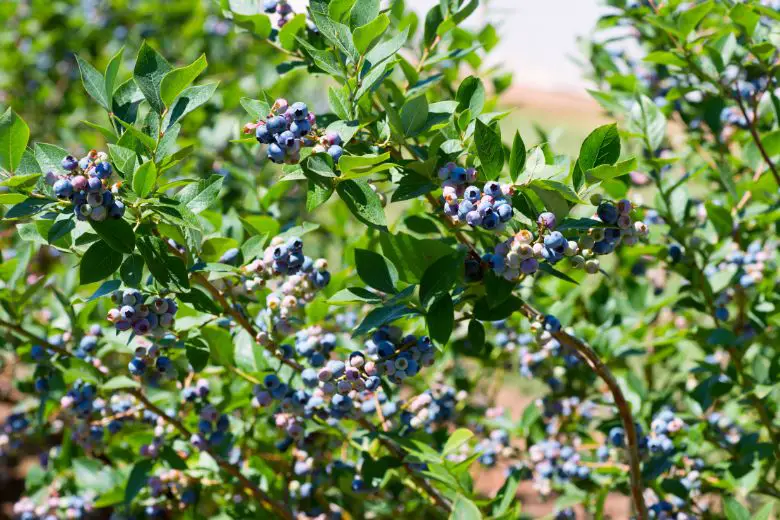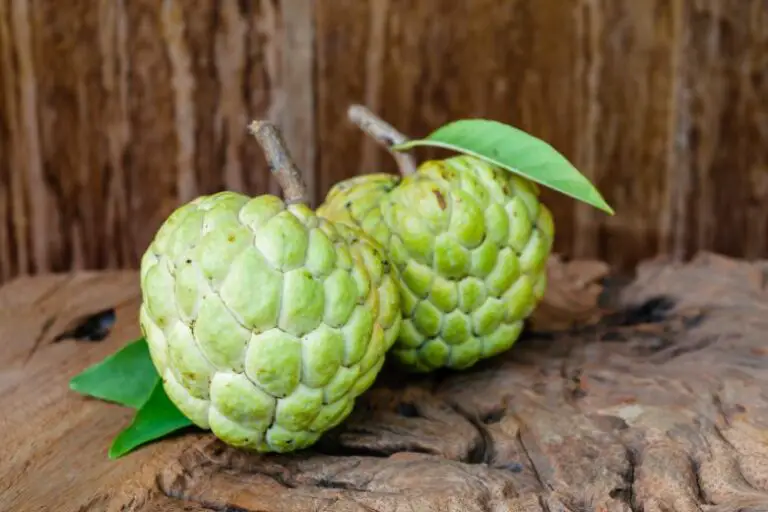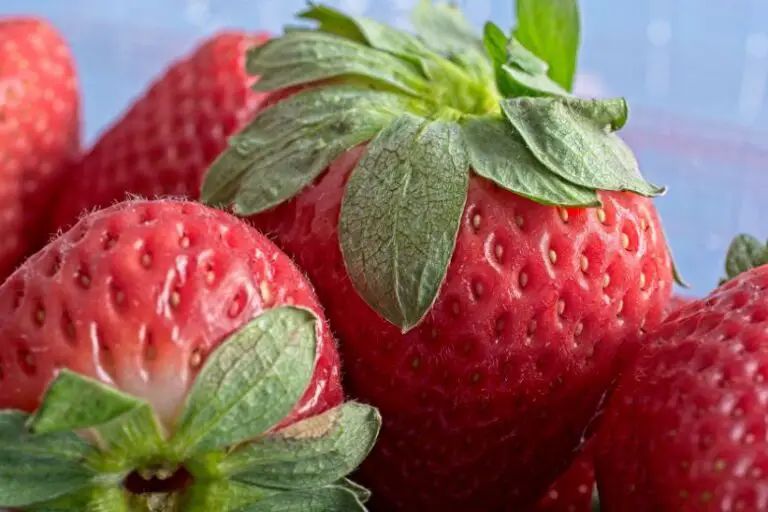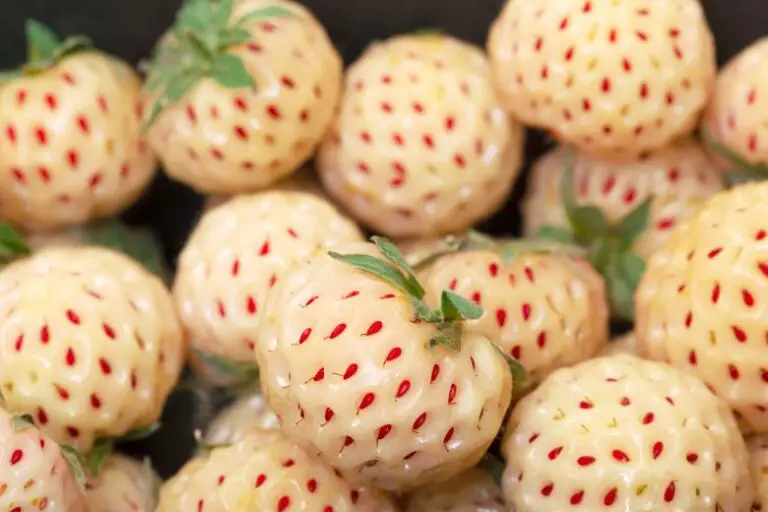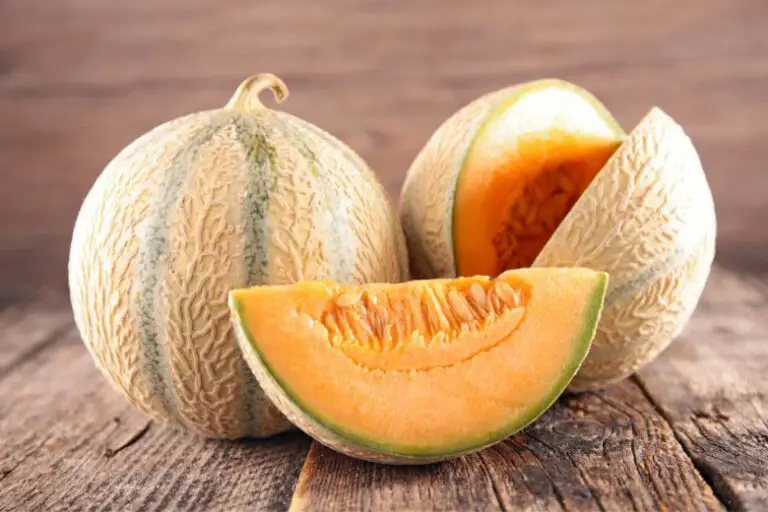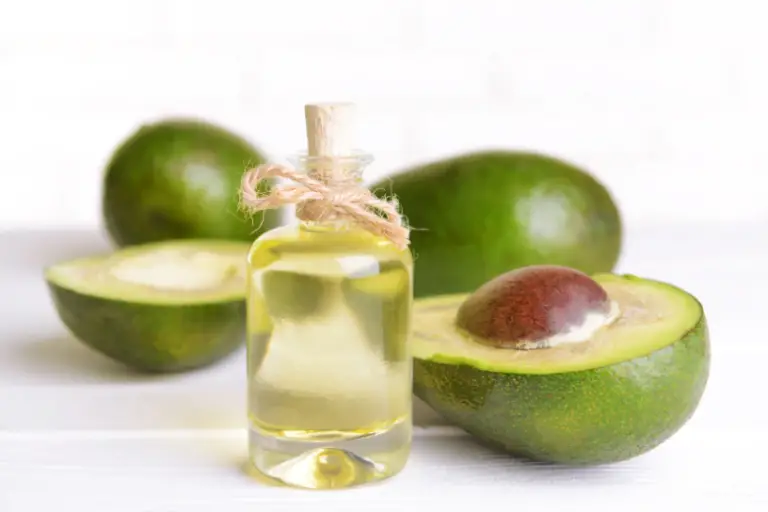Are Blueberries Bad for Diverticulitis
Diverticulitis can cause discomfort and digestive issues, making dietary choices crucial for managing the condition. While certain foods can aggravate diverticulitis symptoms, others may provide relief and support overall gut health. Blueberries, with their rich nutrient profile, have gained attention for their potential health benefits. Let’s delve deeper into whether blueberries are suitable for individuals with diverticulitis.
Understanding Diverticulitis
Before we discuss blueberries, it’s essential to understand diverticulitis and its dietary implications. Diverticulitis occurs when the diverticula in the colon become inflamed or infected. These pouches can develop due to a low-fiber diet, which makes it challenging to pass stool efficiently. This condition can lead to symptoms such as abdominal pain, bloating, constipation, and diarrhea.
Nutritional Importance in Diverticulitis
Maintaining a healthy, balanced diet is crucial for managing diverticulitis. Adequate nutrition helps support the body’s natural healing process and promotes overall well-being. When it comes to dietary choices, focusing on foods rich in fiber, vitamins, and antioxidants is beneficial.
Benefits of Blueberries
Blueberries are often regarded as a superfood due to their impressive nutritional composition. They are low in calories and packed with essential nutrients, including dietary fiber, vitamin C, vitamin K, and various antioxidants. These properties make blueberries a potentially valuable addition to a diverticulitis-friendly diet.
Blueberries and Diverticulitis: Exploring the Connection
The fiber content in blueberries is a significant factor when considering their impact on diverticulitis. Adequate fiber intake promotes regular bowel movements and helps prevent constipation, which can worsen diverticulitis symptoms. Blueberries, with their fiber content, may contribute to a healthier digestive system.
The Fiber Content in Blueberries
Blueberries are a good source of dietary fiber, with approximately 3.6 grams of fiber per cup. Fiber adds bulk to the stool, making it easier to pass and reducing strain on the colon. Increasing fiber intake through blueberries and other fiber-rich foods can potentially alleviate symptoms associated with diverticulitis.
Anti-Inflammatory Properties of Blueberries
Inflammation plays a crucial role in diverticulitis. Blueberries possess anti-inflammatory properties due to the presence of antioxidants, such as anthocyanins. These compounds help reduce inflammation in the body and may contribute to the management of diverticulitis symptoms.
Antioxidant Effects of Blueberries
Antioxidants in blueberries play a vital role in combating oxidative stress and supporting overall health. Oxidative stress can damage cells and tissues, contributing to the development of various diseases. By consuming blueberries, individuals with diverticulitis can potentially benefit from their antioxidant effects.
Impact on Gut Health
Maintaining a healthy gut is essential for individuals with diverticulitis. Blueberries contain natural compounds that can positively influence gut health. The fiber in blueberries acts as a prebiotic, providing nourishment for beneficial gut bacteria. A healthy gut microbiome promotes proper digestion and supports overall well-being.
Recommended Intake of Blueberries
While blueberries offer several potential benefits for individuals with diverticulitis, it’s important to consider the recommended intake. A balanced approach is key, as excessive consumption of any food may lead to adverse effects. Consulting with a healthcare professional or registered dietitian can help determine the appropriate amount of blueberries to include in your diet.
Including Blueberries in a Diverticulitis-Friendly Diet
Incorporating blueberries into a diverticulitis-friendly diet can be both enjoyable and beneficial. Here are some practical tips for adding blueberries to your meals:
- Fresh blueberries: Enjoy a handful of fresh blueberries as a nutritious snack between meals.
- Smoothies: Blend blueberries with other diverticulitis-friendly ingredients like yogurt and spinach for a delicious and fiber-rich smoothie.
- Breakfast options: Add blueberries to oatmeal, whole-grain cereals, or low-fat yogurt for a burst of flavor and added nutrients.
- Salads: Toss blueberries into salads with leafy greens, nuts, and a light vinaigrette for a refreshing and fiber-packed meal.
- Baked goods: Incorporate blueberries into homemade muffins, pancakes, or bread for a tasty and nutritious twist.
Blueberry Recipes for Diverticulitis Patients
If you’re looking for more creative ways to enjoy blueberries, here are a couple of diverticulitis-friendly recipes:
Recipe 1: Blueberry Quinoa Salad
Ingredients:
- 1 cup cooked quinoa
- 1 cup fresh blueberries
- 1 cup baby spinach
- 1/4 cup chopped almonds
- 2 tablespoons lemon juice
- 1 tablespoon extra virgin olive oil
- Salt and pepper to taste
Instructions:
- In a large bowl, combine cooked quinoa, fresh blueberries, baby spinach, and chopped almonds.
- In a small bowl, whisk together lemon juice, extra virgin olive oil, salt, and pepper.
- Drizzle the dressing over the salad and toss gently to combine.
- Serve the blueberry quinoa salad chilled as a light and nutritious meal option.
Recipe 2: Blueberry Chia Pudding
Ingredients:
- 1/4 cup chia seeds
- 1 cup almond milk (or any preferred milk)
- 1/2 cup fresh blueberries
- 1 tablespoon honey (optional)
- 1/2 teaspoon vanilla extract
Instructions:
- In a bowl, combine chia seeds, almond milk, honey, and vanilla extract. Stir well.
- Let the mixture sit for 10 minutes, then stir again to break up any clumps.
- Gently fold in fresh blueberries.
- Cover the bowl and refrigerate overnight or for at least 4 hours.
- Serve the blueberry chia pudding as a nutritious and satisfying breakfast or snack.
Precautions and Considerations
While blueberries can be beneficial for individuals with diverticulitis, it’s important to consider individual tolerances and preferences. Some people may experience digestive discomfort or allergies to certain foods. If you notice any adverse reactions after consuming blueberries or any other food, consult with a healthcare professional.
Other Fruits to Consider
Blueberries are just one option among many fruits that can be beneficial for individuals with diverticulitis. Some other fruits to consider adding to your diet include:
- Strawberries
- Raspberries
- Blackberries
- Apples
- Pears
- Papaya
- Kiwi
Remember to choose ripe and fresh fruits and monitor your body’s response to ensure they agree with your digestive system.
Conclusion
In conclusion, blueberries can be a valuable addition to a diverticulitis-friendly diet. Their fiber content, anti-inflammatory properties, and antioxidant effects make them a potentially beneficial choice for individuals with diverticulitis. By incorporating blueberries and other nutritious foods into your meals, you can support gut health, manage symptoms, and promote overall well-being. Remember to consult with a healthcare professional for personalized dietary advice based on your specific condition and needs.
FAQs
Q1: Can I consume frozen blueberries instead of fresh ones? A1: Yes, frozen blueberries can be a convenient alternative to fresh ones. They retain their nutritional value and can be used in smoothies, baked goods, or thawed and enjoyed as a snack.
Q2: Are there any specific blueberry varieties recommended for diverticulitis? A2: No specific blueberry varieties are recommended for diverticulitis. You can choose any variety that is easily available and suits your taste preferences.
Q3: Can blueberries replace medications for diverticulitis treatment? A3: Blueberries are a beneficial addition to a diverticulitis-friendly diet but should not replace prescribed medications. Always follow your healthcare professional’s advice regarding treatment.
Q4: Can blueberries cause constipation? A4: Blueberries are a good source of dietary fiber, which helps prevent constipation. However, individual responses to fiber-rich foods may vary. If you experience constipation or any digestive discomfort, it’s advisable to adjust your fiber intake and consult with a healthcare professional.
Q5: Can I consume blueberries during a diverticulitis flare-up? A5: During a diverticulitis flare-up, it’s best to follow a low-fiber diet initially and gradually reintroduce foods as advised by your healthcare professional. It’s important to listen to your body and make dietary choices based on your current condition.

